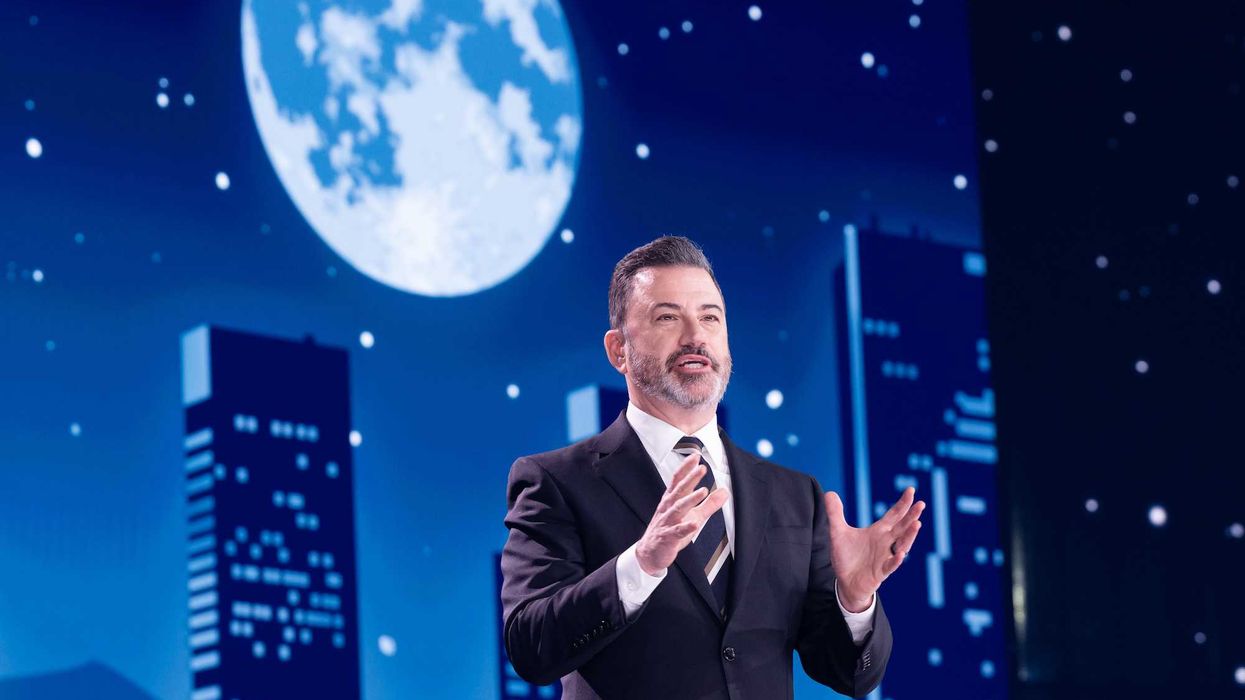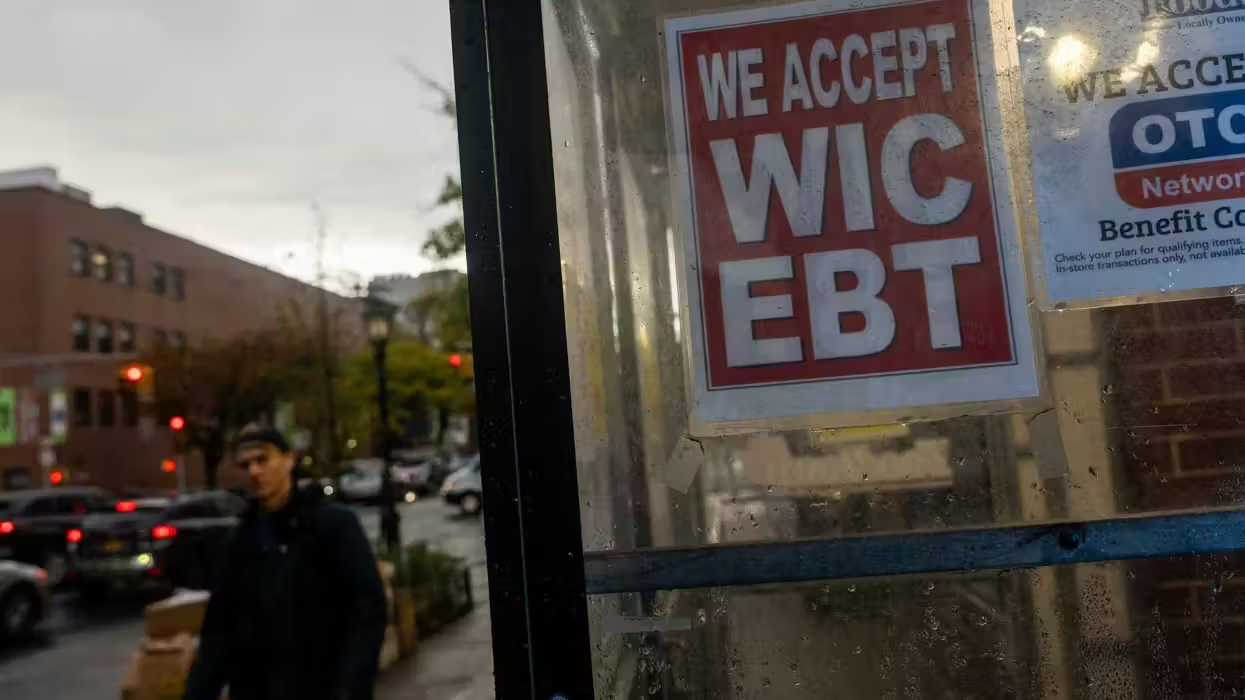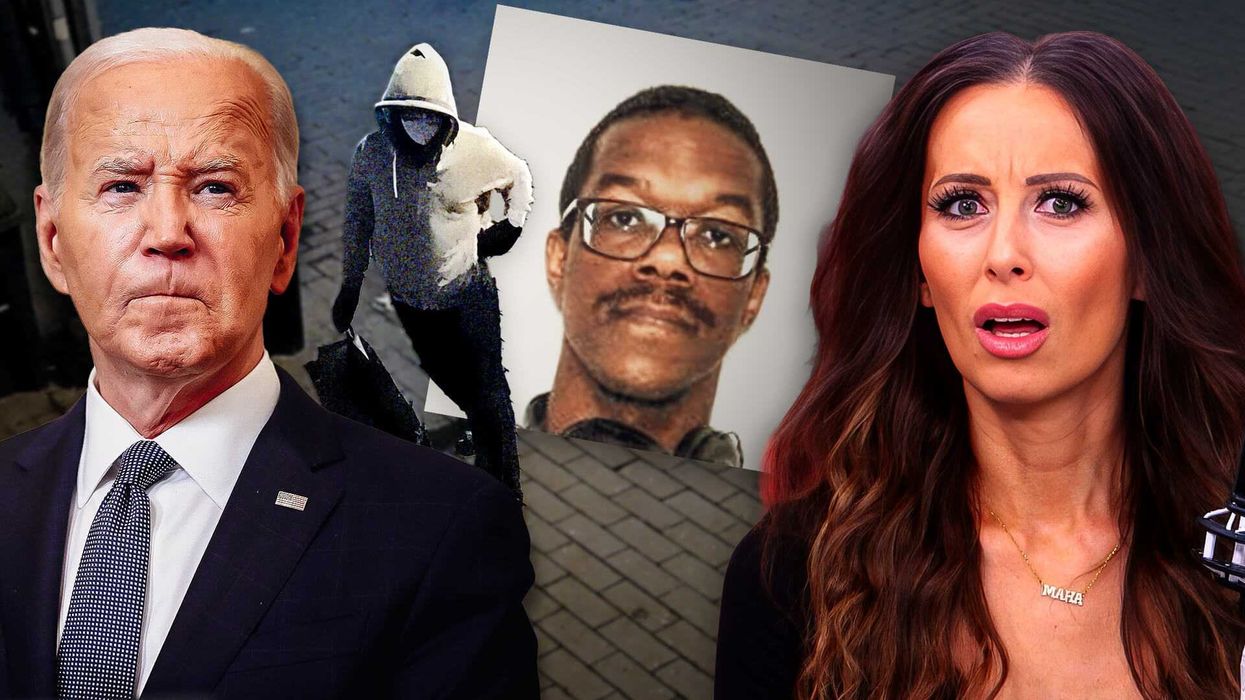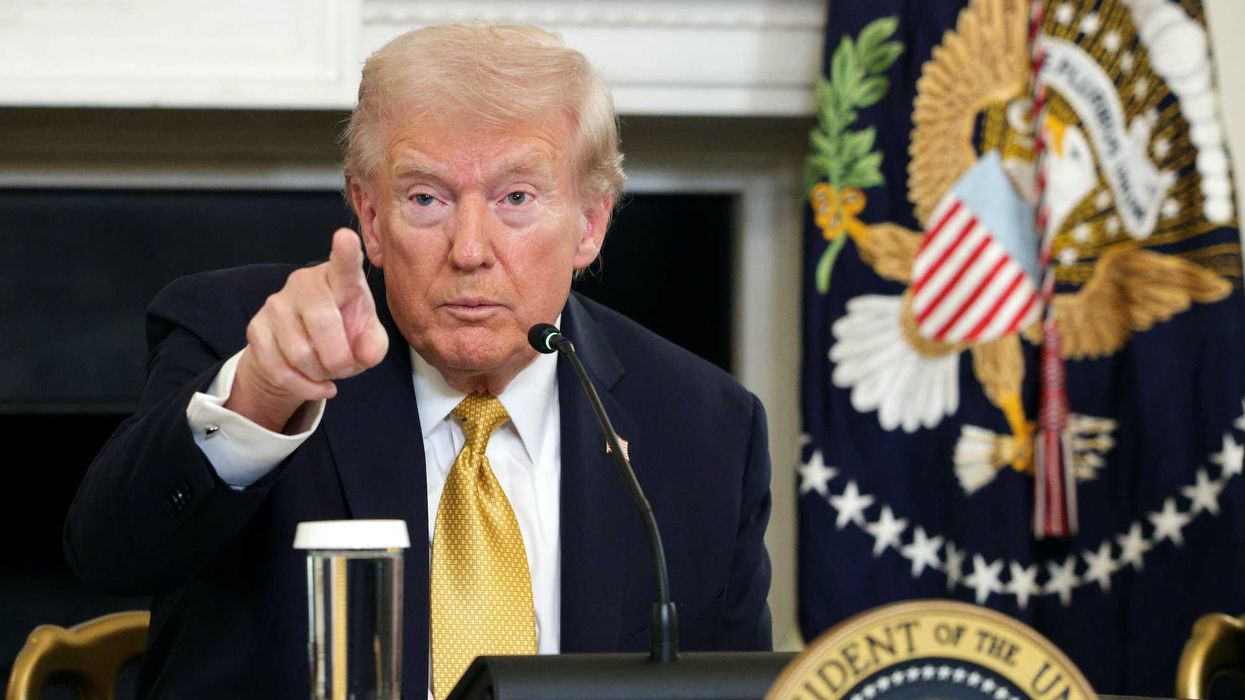
© 2025 Blaze Media LLC. All rights reserved.
If you can offend someone into violent action, you place all the power of censorship in the hands of the listener.
Here is the sound of a second-rate mind on free speech: “You can’t yell fire in a crowded theater.”
From the pages of The Los Angeles Times and The New Republic to the microphones at MSNBC, so many are so willing to condemn The Innocence of Muslims and sacrifice the First Amendment at the alter of Muslim violence. And the standard they would set for protected speech would have nothing to do with the speaker, his intentions, or his words. Instead, only the listener, his sensitivities, and his reaction would matter.
microphones at MSNBC, so many are so willing to condemn The Innocence of Muslims and sacrifice the First Amendment at the alter of Muslim violence. And the standard they would set for protected speech would have nothing to do with the speaker, his intentions, or his words. Instead, only the listener, his sensitivities, and his reaction would matter.
But the stories of anti-war socialists, the KKK, and Hustler magazine illustrate how ignorant this view is of the First Amendment.
Schenck v. United States
The case that provided pseudo-lawyers the pretense of expertise by parroting “You can’t yell fire in a crowded theater” is Schenck v. United States. But the 1919 case had nothing to do with fire or theaters. Charles Schenck, the general secretary of the Socialist Party of America, was convinced that World War I was a rich man’s war and mailed 15,000 flyers to military draftees urging them to resist the draft. He was charged under the Espionage Act for causing insubordination.
Supreme Court Justice Oliver Wendell, reaching for examples of unprotected speech, said in Schenck, “The most stringent protection would not protect a man falsely shouting fire in a theater and causing panic.” This line amounted to an – “oh, by the way” – in upholding Schenck’s conviction. The court set the standard for unprotected speech at words that “create a clear and present danger” of bringing about evils government hopes to prevent.
Here’s the deal though, Schenck is meaningless. And Holmes’ “fire in a crowded theater” line is just bad dicta in what is now bad law.
Brandenburg v. Ohio
The free speech standard for almost half a century has been the 1969 case of Brandenburg v. Ohio. Clarence Brandenburg was a rural Ohio KKK leader who called a Cincinnati television reporter and invited him to cover a KKK rally. At the rally a cross burning served as the warm up act for a series of speeches to an audience of armed men in white robes. One of the speeches went like this: “We’re not a revengent organization, but if our President, our Congress, our Supreme Court, continues to suppress the white, Caucasian race, it’s possible there might be some revengeance taken.”
Brandenburg was charged with advocating “the duty, necessity or propriety of crime, sabotage, violence, or unlawful methods of terrorism as a means of accomplishing…political reform.” However the Supreme Court reversed Brandenburg’s conviction and held the Ohio law he was charged under unconstitutional. The Court said that the advocacy of force or violence in the abstract or even advocating the moral necessity of force or violence is protected speech. Wiping away Schenck, the Court set the new standard of protected speech to include everything except that “directed to inciting or producing imminent lawless action and is likely to incite or produce such action.” Essentially this extended free speech protection to everything short of “Pick up your guns boys! Let’s go get him!”
The Brandenburg test includes three elements: intent, imminence, and likelihood that speech will cause lawless action. The sad case of a boy who accidentally hung himself attempting autoerotic asphyxiation highlights the strict nature of the Brandenburg test.
Herceg v. Hustler
Although a Fifth Circuit civil case, Herceg v. Hustler illustrates how far courts will go to protect speech. In this 1980s case a 14-year-old boy accidentally hung himself while attempting autoerotic asphyxiation as described in a Hustler article. A friend discovered him hanging nude in the closet with the magazine open to the article entitled “Orgasm of Death” lying at his feet. However the court found Hustler had no liability in the boy’s death.
No matter how attractive or how explicit the instructions, said the Court, absent direct and overt exhortations to commit dangerous of illegal activity, speech is protected by the First Amendment. This suggests that unprotected speech must be active encouragement as opposed to simply dangerous or erroneous encouragement.
Calls to censor The Innocence of Muslims or prosecute its creator fail the test of all these cases. There is obviously no active encouragement as required in Herceg. It seems impossible to prove a speaker’s intent to provoke a violent mob reaction as required in Brandenburg. And even Holmes’ worthless “Fire!” test required a false alarm of yelling “Fire!” You wouldn’t want to censor someone from alerting theatergoers of an actual fire. How do you prove anything The Innocence of Muslims said about Islam – a religion, like all religions, dependent upon faith – is false?
More importantly though, all the cases dealing with incitement address a “meeting of the minds” between speaker and listener. Schenck, Brandenburg, Herceg and other cases deal with agreement or instruction between speaker and listener. They don’t address offending someone or provoking someone into lawless action as The Innocence of Muslims is accused.
If you can offend someone into violent action, you place all the power of censorship in the hands of the listener. The speaker’s words, not to mention his intent, no longer matter. The action doesn’t matter, just the reaction. The new standard for protected speech becomes the highly subjective standard of sensitivity.
To be fair, I doubt people like Justice Stephen Breyer or Anthea Butler are suggesting all sensitivities be the standard for censorship. That would be crazy. No - just those sensitivities whose reactions involve beheadings.
Update:
UCLA law professor Eugene Volokh, who runs the best legal blog I can find, pointed out to me that Justice Breyer clarified his remarks to CNN's Larry King. Breyer does not think burning a Koran (and presumably, offending Islam) is the equivalent of yelling "fire in a crowded theater."
Want to leave a tip?
We answer to you. Help keep our content free of advertisers and big tech censorship by leaving a tip today.
Want to join the conversation?
Already a subscriber?
more stories
Sign up for the Blaze newsletter
By signing up, you agree to our Privacy Policy and Terms of Use, and agree to receive content that may sometimes include advertisements. You may opt out at any time.
Related Content
© 2025 Blaze Media LLC. All rights reserved.
Get the stories that matter most delivered directly to your inbox.
By signing up, you agree to our Privacy Policy and Terms of Use, and agree to receive content that may sometimes include advertisements. You may opt out at any time.






